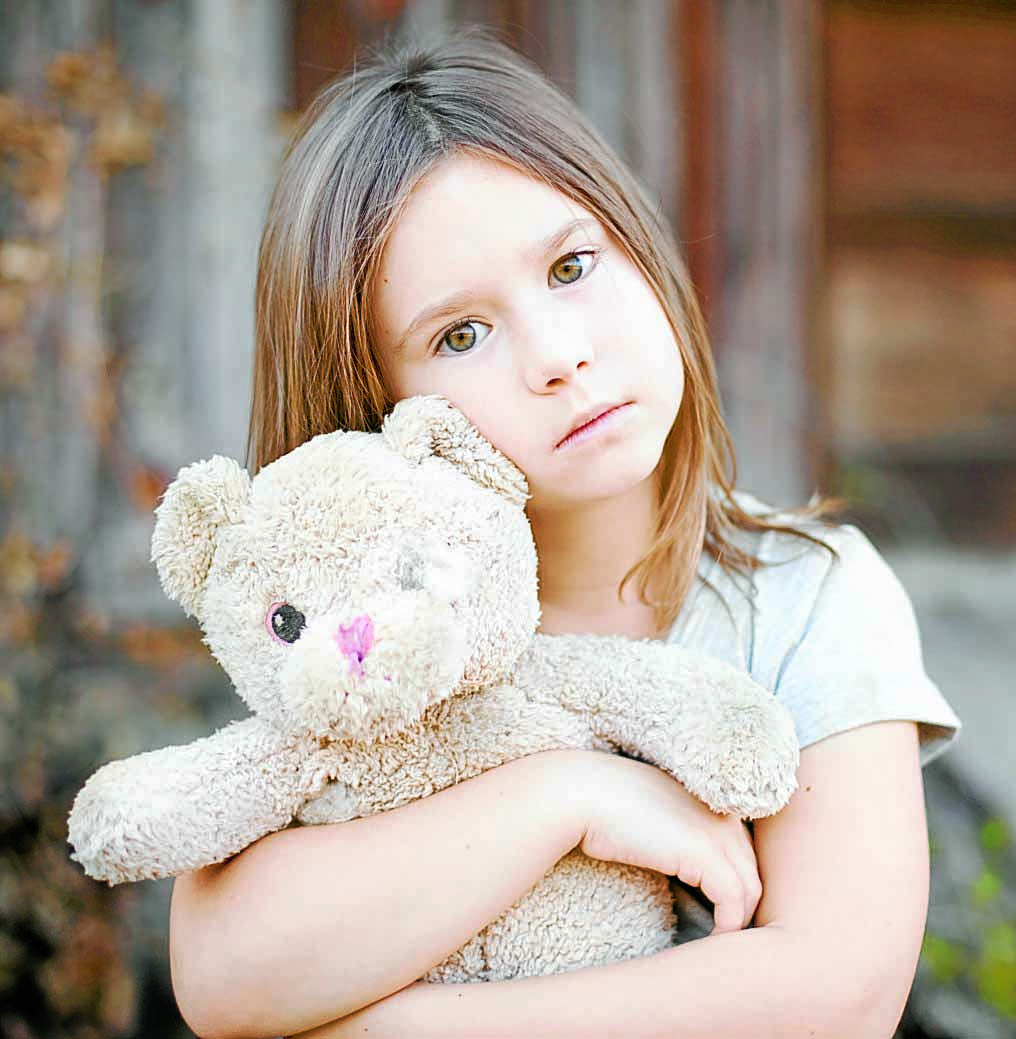1. We’re well into lockdown and many parents are reporting more heightened behaviour in their children, why is this? Children, like adults, are having to adjust to a whole new way of living, including huge changes to their weekly routines and lots of restrictions placed upon what they can and can’t do. They can’t go to the park or go shopping with their parents as they did previously and their connections with other important people in their lives such as friends, family and teachers have been drastically altered. Children can find changes to routine to be challenging and this can lead to changes in their behaviour. For some children, they show their feelings more through their behaviour rather than actually saying how they feel. Helping children to verbalise their feelings will help them to talk about what is worrying or upsetting them rather than using their behaviour. Children are also very good at picking up what might be stressing their parents/caregivers and this may contribute to them feeling more unsettled which can then lead to changes in their behaviour. It is likely, given this extreme situation that we are currently all living in, that both children and their parent/caregivers may not be as patient as usual. If you have a falling out with your child then it is really important once everyone has calmed down to make up with them and talk about how you all could do things differently next time, apologising if you need to. In these times it is important to try and be as kind and forgiving as you can be to yourself and to your child and remember that we are currently living in very stressful times and that you and your child are doing the best you can to get through it.
2. How might worry or stress manifest itself in a child/teen? Children may show changes in their behaviours. You may notice changes to their sleeping and eating patterns and they may react more extremely to things that previously may not have bothered them. You may also notice that they are more tearful or snappy than usual or that they may be a bit more withdrawn than usual.
3. How much information do children need about coronavirus? Should we be telling them what’s going on or sheltering them? The general consensus is that you can’t shield children from this and that we should give them information that is appropriate for their age. Various agencies have developed some excellent stories for younger children and there also some excellent resources for older children (see www.nhsdg.co.uk/mental-health-and-wellbeing-and-coronavirus/). Having honest conversations with your child based on the facts that are available to us, without using conjecture or getting too involved in the detail, is important. It’s best to start with asking them what they know and what they might want to know. If you don’t have an answer to their question it is ok to say you don’t know. You can offer to try to find out an answer but some questions are impossible to answer definitively. A general rule of thumb for everyone, including children, is to try not to let yourself and/or your child be bombarded with too much information, e.g. try to limit watching the news too much.
4. What are the best ways to tell them without worrying them? Make sure you have good balanced information from reliable sources such as the NHS, Council or Scottish Government.Remember, a lot of information on social media is not verified or accurate.
5. And how should their anxiety be tackled? Any good phrases to use or to avoid? Avoid over-reassurance and offering promises or guarantees. For example, if a child asks if people they know may die, do not promise that they won’t. It is best to give a straight answer. If you fudge an answer, they will know. Sometimes, it can be a simple “most people will be just fine, but some people get very poorly and need to go to hospital and sadly, some people will die.” Acknowledge that the situation has lots of unanswered questions and that can be hard to deal with: ‘Right now, I can’t tell you when you can see your friends or get back to school, swimming, gymnastics and that’s really hard for you. I understand that this is difficult and worrying for you, how can I help you with this?’ If your child finds it difficult to stop worrying then the use of distractions and/or diversions can be helpful, e.g. “I can see how worrying this is for you and I’m so sorry it’s so hard for you, shall we go and try to find something to do that will take our minds off it for a bit?”














